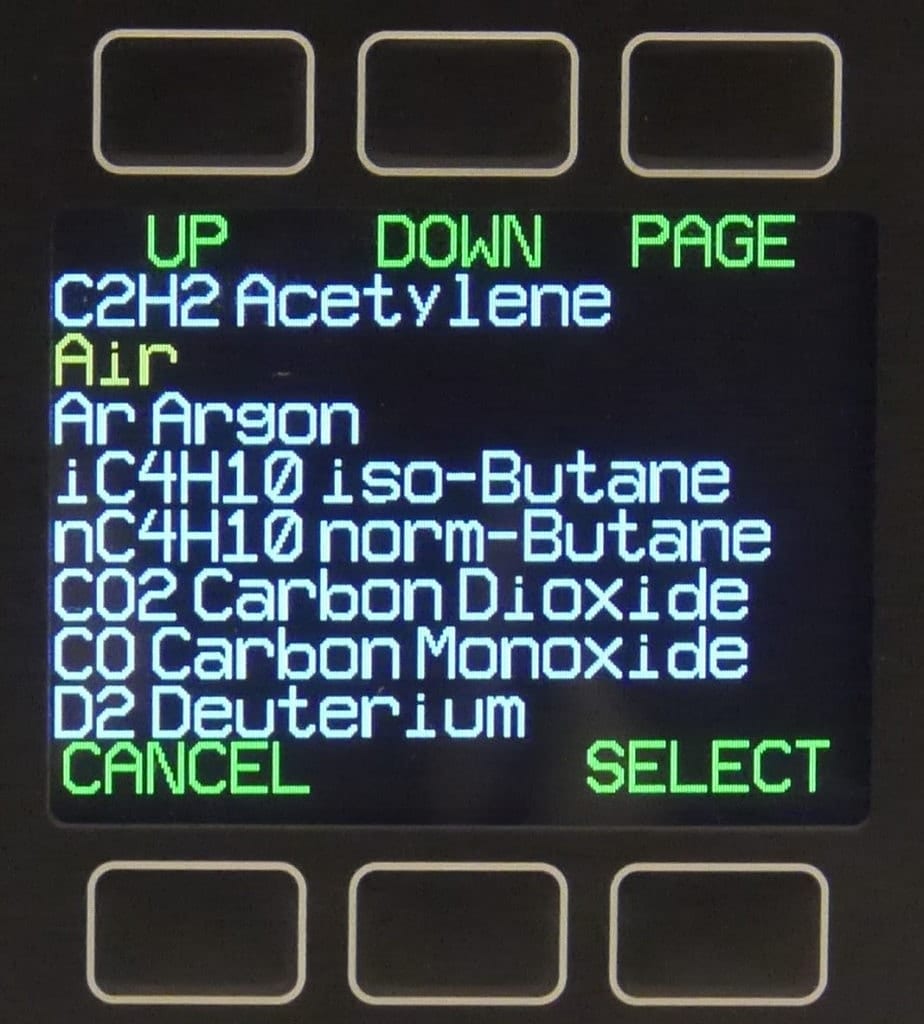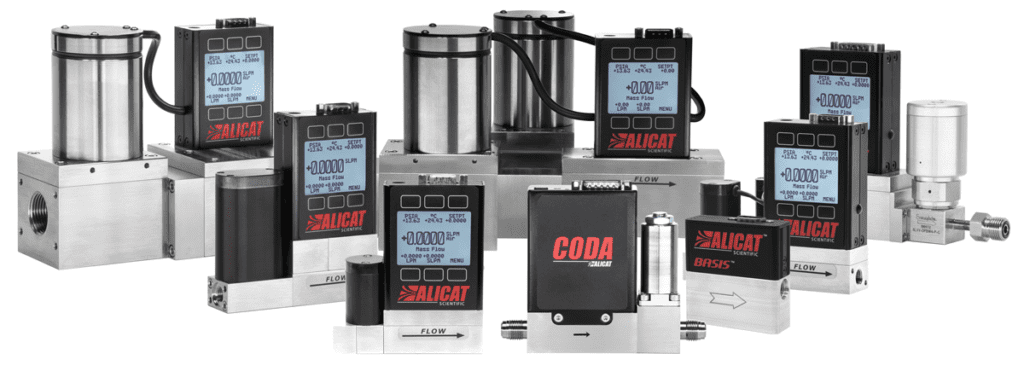- Blog
- Alicat mass flow controllers save customers money without sacrificing accuracy, reliability, or functionality
Alicat mass flow controllers save customers money without sacrificing accuracy, reliability, or functionality
 A guest blog from Andy Mangell. Andy is the sales director at Premier Control Technologies, a UK based process control technologies and products distributor which represents Alicat products. Andy has over 30 years of experience with pressure and flow control instrumentation. He can be reached at andymangell@pctflow.com.
A guest blog from Andy Mangell. Andy is the sales director at Premier Control Technologies, a UK based process control technologies and products distributor which represents Alicat products. Andy has over 30 years of experience with pressure and flow control instrumentation. He can be reached at andymangell@pctflow.com.
My Grandad M. used to tell me: “In this life, my lad, you can’t get something for nothing!” He was, of course, referring to the benefits of hard work and his belief that if something is worth having then it is all the better for having worked hard to earn it. Having grown up with this ethos, and being a true Yorkshireman myself, I am not capable of seeing this as anything other than true.
But with its rich feature set, the Alicat mass flow controller might contradict that way of thinking.
Consider the following project:
We want to control four gasses at a high level of accuracy with a span from 0.1 milliliters per minute to 800 litres per minute. While controlling within that range, we also need to measure the pressure and temperature of each of the flowing gasses. Not a simple project, to be sure, but not outside the realm of possibility.
Let’s break down the instrumentation needed for this project. The average mass flow controller has a turn-down ratio of 50:1 of the full scale range. If our total measurement span is 0.1 milliliters per minute through to 800 litres per minute, we’re going to need a minimum of five MFCs. On the other hand, Alicat MC-Series mass flow controllers have a turn-down ratio of 200:1. With full scale of 20 milliliters per minute, 4 litres per minute and 800 liters per minute, a quick calculation shows that we’ll only need three Alicat instruments to perform the same task. Saving ourselves the need of two instruments is handy but it isn’t something for nothing yet.

Alicat’s Gas Select menu
The second piece of our project is the gases. Let’s say we need to flow four gases: nitrogen, carbon dioxide, argon and hydrogen. Most bypass MFCs are limited by pre-calibration per gas and require conversion factors between these gases. Unfortunately, our gas control project needs the ultimate in accuracy. The measurement uncertainty introduced by the k-factors is just too great. Argon alone can have a conversion factor error of as much as 2.8% above standard calibration uncertainty. So now we need separate instruments for each gas to get reliable data. Four gases times five instruments and our cart is getting full. Even if just flowing one instrument at a time, a total of twenty instruments would be required to cover the whole spectrum.
Alicat MFCs are preset with over 98 gases and gas mixtures – all certified within the standard calibration accuracy. So for the same process as above, flowing just one instrument at a time, would still only require three instruments needed to cover the whole spectrum. Assuming a cost of £1000 per MFC, we can see that if we used average instruments, our costs would be at least £20,000. And with Alicat devices? A much more palatable £3000.
But controlling the flow is not all we need our MFCs to do. We also need to measure both pressure and temperature per gas. A pressure transducer, a temperature transmitter, the fittings required, the cables and installation costs could amount to at least £400, probably more. Times four.
Not so with an Alicat. Their mass flow controller includes pressure and temperature measurement so there is no additional cost whatsoever. Plus, with the push of a couple of buttons, it can be reset to perform the opposite action and control the pressure whilst measuring the flow.
With our average MFCs we have to have a system to control the two dozen devices we’d need for this project. An Alicat device, on the other hand, is easy to integrate into a preexisting setup with analog or serial communication protocols, but if we didn’t have a system in place, we can control our three Alicats right from the front screen of the devices.
Pulling all of the above together we can see that for our gas control project, using the average MFCs will need at the very minimum an investment of £20,000 for the instruments themselves, £1,600 for pressure and temperature measurement and £2,000 for a readout and control module. A total of £23,600. By using Alicat instruments an investment of £3,000 would achieve the same results.

It’s simple maths. Even Grandad M. would agree that Alicat instruments have so many additional features and capabilities you get, if not something for nothing, so much more for so much less.